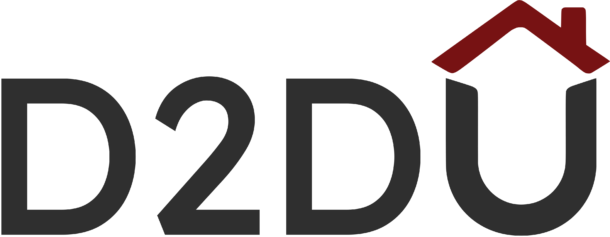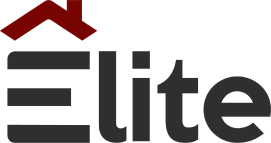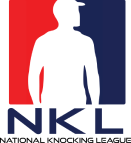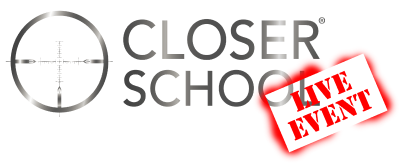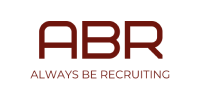If you manage a door-to-door HVAC team, you already know the job is more than “quote and hope.” It’s route planning, skill-building, pitch tightening, and keeping reps and techs rowing in the same direction—even when schedules, seasons, and customers get messy. This guide is written for you: a practical, conversational sales training guide to sharpen the commercial HVAC sales process, give your reps real HVAC sales pitch examples, and help you align technicians so deals stick after the signature.
Think of this as a playbook you can discuss in a morning meeting. I’ll keep it real, tactical, and D2D-friendly.
Understanding the Commercial HVAC Sales Training Process
Let’s build your team’s process around something every manager can coach: a simple, repeatable loop.
1) Target smart (not wide).
Before knocking, define your ICP (ideal customer profile): building type (office, medical, education, light industrial), equipment age, utility pain, decision structure (owner vs. facility manager vs. procurement). This turns “random doors” into a prioritized list and keeps rookie reps from pitching a complex plant like it’s a 5-ton RTU.
2) Discovery that actually discovers.
Your rep’s goal isn’t to “be impressive.” It’s to collect decision fuel. Have them ask for:
- The latest utility bill (kWh and demand charges open value conversations).
- A quick asset list (age/condition/tonnage/controls).
- One sentence on comfort or downtime pain (“Mondays are always hot in Suite B”).
Coach your team to stay curious, not technical. They’re not there to re-commission the system—they’re there to map risk and cost.
3) Put numbers to the pain.
This is the “why change” moment. Train reps to translate notes into a simple value story:
- Operating cost delta (runtime, kWh, emergency calls).
- Downtime risk (lost tenant productivity, product spoilage, compliance hits).
- Comfort/IAQ (ventilation, humidity, filtration).
You don’t need a PhD. A clear, conservative range (e.g., “We can probably trim 10–15% of HVAC-related operating cost with a monitored PM plan”) is enough to earn the next step.
4) Propose like a partner, not a parts catalog.
Short beats long. Your proposal should read like a short service roadmap:
- A baseline PM schedule (seasonal tasks with named tech lead).
- Monitoring/alerts so you’re fixing issues before hot/cold calls.
- 90-day quick wins (coil restoration, economizer tune, airflow check + controls clean-up).
- A one-page summary with cost, result targets, and response times.
5) Kickoff with momentum, then expand.
Launch with a 30/60/90-day calendar and set the first onsite review before you leave the kickoff. Land the base plan; expand next quarter (IAQ upgrades, controls refresh, VFDs, or a prioritized replacement plan).
Manager note: Your job is to coach the loop—not just “close more.” If you can role-play discovery and value math, your average rep becomes dangerous in the best way.
Quick CTA (manager to team): After this meeting, pick 10 buildings that match our ICP, schedule 5 facility walks, and bring back one utility bill each. We’ll turn those into proposals together.
Steps to Becoming a Skilled and Successful HVAC Technician
You can’t sell what you can’t deliver. In commercial HVAC, your tech bench is your sales moat. Here’s how to grow it—without making your techs feel like they’re suddenly in sales.
Building Practical Skills and Experience
- Ride-alongs with a purpose. Pair reps with senior techs. Have reps document the “what + why” for every fix: What we found, what we did, and what it saved (downtime, energy, complaints). Those sentences become story fuel in future pitches.
- Measurement mindset. Normalize photos, static pressure readings, superheat/subcool, airflow checks, and simple controls verification. The more consistent your data, the more confident your proposals (and the fewer call-backs).
- Outcome recaps. Train techs to give a 60-second debrief: “Here’s what we fixed today, why it matters, and what we’re watching.” That line—said right at the door—wins renewals.
Must-Have Education and Skills for HVAC Technicians
- Diagnostics core: airflow math, coil health, economizer logic, control sequences, and VFD basics.
- Comfort & IAQ: ventilation rates, filtration levels, humidity control—especially for healthcare/education.
- Safety & compliance: lockout/tagout, refrigerant handling, documentation with photos/notes.
Obtain Industry Certifications and Licenses
- EPA Section 608 (non-negotiable).
- State/city licenses where required.
- Manufacturer courses on your most common RTUs/chillers.
- Controls familiarity (BACnet/Modbus) so your proposals confidently include monitoring/optimization
Manager note: When you highlight your named technician and certs in the proposal, you de-risk the partnership for the buyer. That’s how a “quote” becomes a service agreement.
Quick CTA (manager to service lead): Build a one-page “Bench Card” that lists each tech’s certs, specialties, and response radius. Reps will attach this to proposals. It screams reliability.
From service call to signed ticket
HVAC talk tracks, price framing, and instant objection help
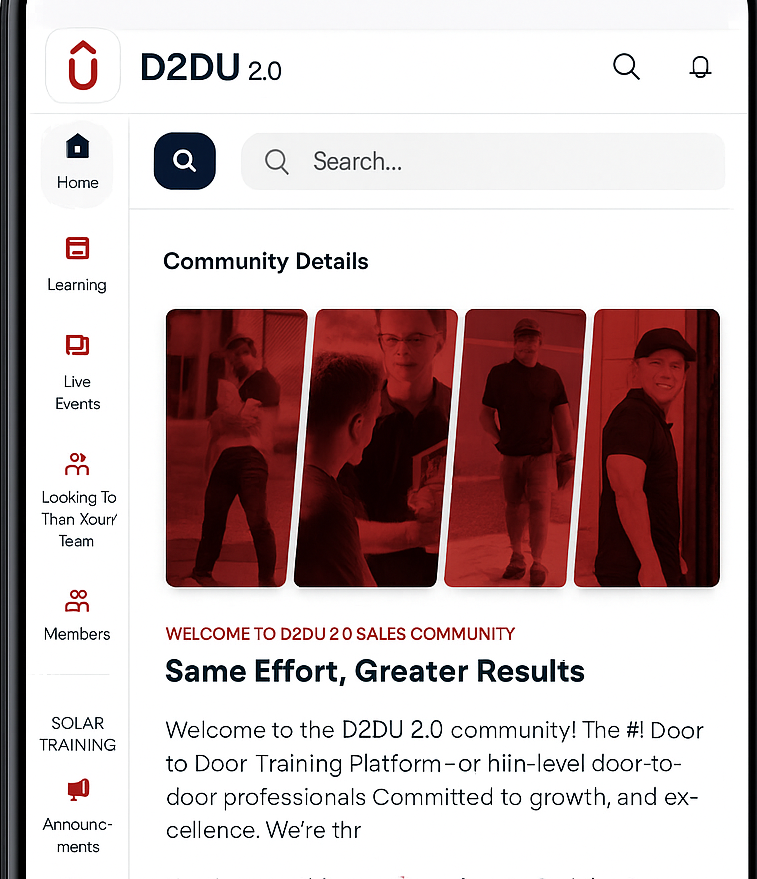
HVAC Sales Training Mistakes to Avoid
Let your managers and closers scan this list before every blitz.
- Pitching tons, not outcomes. Customers buy avoided downtime, comfort stability, and predictable spend—not model numbers.
- Skipping discovery. If a rep doesn’t secure a utility bill or facility walk, they’re guessing. Guessing is expensive.
- Proposal bloat. Twenty-six pages of boilerplate gets buried. Aim for a 7–10 page story with a one-page summary.
- No named resources. Always list the tech lead, backup, response times, and escalation path.
- Weak kickoff. A great signature with a sloppy first 30 days kills renewals and referrals. Plan the 90-day success path on day one.
- Ignoring seasonality. If your team vanishes in winter, competitors won’t. Harvest off-season: fewer knockers, faster decisions.
Coaching cue: Review two closed-lost deals this quarter. Was it really price—or did we fail at discovery, ROI clarity, or kickoff plan?
Let’s talk pitch (a few scripts your reps can actually use)
Managers always ask for HVAC sales tips they can teach by lunchtime. Here are three hvac sales pitch examples your team can role-play today. Keep them short and confident.
1) Cost + Risk (first contact / walk-in)
medical)
“Quick question—who owns the utility bill and hot/cold calls here? We help facilities cut HVAC-related operating costs 10–15% while reducing unplanned downtime. Give me 20 minutes with your latest bill and a fast asset list, and I’ll map where your dollars are leaking—and how we’d stop it without disrupting tenants.”
2) Comfort & Compliance (schools/medical)
“Your job is comfort, ventilation, and uptime. Our monitored PM plan tracks airflow and coil health so you hit your targets and catch problems weeks before they turn into hot calls. If we can’t prove meaningful improvement in 90 days, fire us.”
3) CFO-Friendly (owner/investor)
“We trim runtime and emergency calls to deliver a 12–18-month payback on the service bundle. After that, savings roll into NOI. Here’s the roadmap, the tech lead, and the first 90-day milestones.”
Coach pacing. Coach the ask. And coach the handoff: rep books the next step, names the tech lead, and confirms the 30/60/90 cadence.
Final Words
Commercial HVAC sales isn’t about the smoothest closer. It’s about consistent discovery, clear value math, a simple proposal, and a clean kickoff—delivered by a sales-service duo that communicates like pros. Managers win when they coach the loop, not just the last mile.
If you only implement two things this week:
- Require a utility bill + facility walk before any proposal.
- Attach a 90-day success plan (with named techs) to every agreement.
Do that, and your team will feel the lift—fewer stalls, cleaner installs, better renewals.
Light CTA (keep it conversational): Want proven frameworks, more role-plays, and done-for-you checklists? Check out our hvac sales training tips inside D2D University 2.0. If you need a deeper dive for your leadership team, ask about our sales training HVAC workshop.
Free Playbooks (Ready‑to‑Use)
Need templates, scripts, and checklists to speed training?

FAQs
How do you get into commercial HVAC sales?
Two common paths: start as an SDR/rep or pivot from service. Shadow a tech for a week, learn the discovery checklist (utility bill, assets, pain points), and practice two short pitches. Your early wins will be service agreements, not capital projects—and that’s perfect.
How to Provide HVAC Sales Training?
Run a weekly rhythm: (1) discovery role-plays, (2) value math practice on real utility bills, (3) proposal teardown, (4) kickoff checklists. Keep a small library of HVAC sales tips and hvac sales pitch examples your team can memorize.
How to become a great HVAC technician?
Document everything (photos, readings, notes), communicate outcomes in plain English, and build certs methodically. Great techs make sales easy because customers feel the professionalism on every visit. This is “how to be a good HVAC technician” from a sales manager’s perspective.
How to become a master HVAC technician?
Own the hard stuff: controls sequences, economizers, airflow diagnostics, and mentoring juniors. Present a quick “what we did + why it matters” recap after every job. Master techs are retention engines.
Can you do HVAC sales with no experience?
Yes—if you’re coachable and consistent. Spend 2–4 weeks shadowing service, carry a one-page discovery checklist, and use the short pitches above. Keep learning (it’s not how hard is it to learn HVAC, it’s how brave are you about reps, rides, and reps again).





